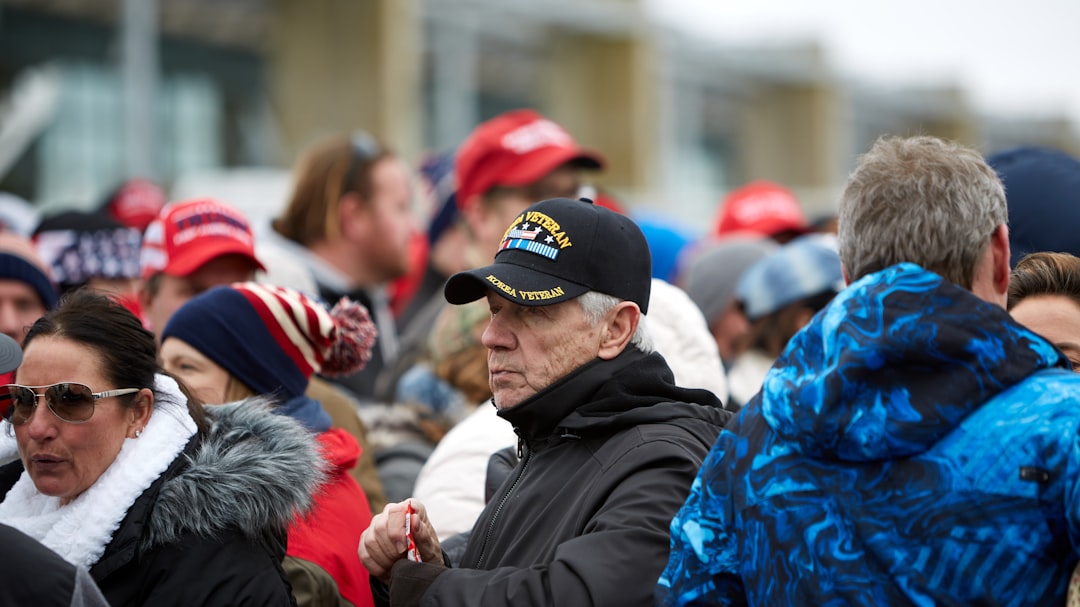[Disclaimer] This article is reconstructed based on information from external sources. Please verify the original source before referring to this content.
News Summary
The following content was published online. A translated summary is presented below. See the source for details.
White smoke rose from the Sistine Chapel this evening, signaling the conclusion of the papal election. American Cardinal Robert Francis Prevost has been elected as the 267th Pope with the support of more than two-thirds of the 133 voting cardinals, becoming the first American and Augustinian Pope in history. He has chosen the name Leo XIV, accelerating the Vatican’s “de-Europeanization.” In his first address, Leo XIV greeted the crowd with “Peace be with you,” paid tribute to Pope Francis, and emphasized human solidarity and peace. Coming from the Augustinian order, he honored the Roman Church and spoke of building a “conciliar” church that is close to those who suffer. He is fluent in Italian and Spanish but lacks English proficiency, and his address repeatedly focused on peace. NBC Vatican analyst Christopher White noted that although Leo XIV is American, he spent one-third of his life in Peru and one-third in Italy, so cardinals did not view him as a typical American. His rich overseas experience and understanding of the Vatican and the world may have been important factors in his election. Popular candidate Cardinal Parolin was not elected, and the vision of an Asian pope remains unrealized for now. The election began on May 7 and reached consensus after multiple rounds of voting. Of the participating cardinals, 68% were appointed by the late Pope Francis, making this the fifth time in 1900 years that a new pope has been elected within two days.
Source: Wikinews-zh
Our Commentary
Background and Context
The election of Robert Francis Prevost as Pope Leo XIV represents a significant historical milestone for the Catholic Church, marking the first time an American has ascended to the papacy in its two-millennium history. Born in 1955 in Chicago to French and Spanish immigrant parents, Prevost joined the Augustinian order in 1977 and spent significant time as a missionary in Peru starting in 1985. His extensive international experience includes serving as Bishop of Chiclayo and as head of the Vatican’s Dicastery for Bishops. The papal name “Leo” connects him to previous Leo popes, particularly Leo XIII (1878-1903), known for his social teachings and engagement with modern industrial society through influential encyclicals.
Expert Analysis
Vatican observers note that Prevost’s election signals several important shifts in the Church’s trajectory. First, it continues the trend of selecting popes from beyond traditional European centers of Catholicism, following the Polish John Paul II, German Benedict XVI, and Argentinian Francis. Second, his multicultural background and fluency in multiple languages (though interestingly not English, despite being American-born) position him to address the Church’s global character. His emphasis on peace in his first address suggests continuity with Francis’s focus on social justice and peacemaking, while the reference to a “conciliar” church indicates potential support for the synodal approach that has characterized recent Church governance.
Additional Data and Fact Reinforcement
The conclave that elected Leo XIV was notably brief, lasting only two days, indicating strong consensus among the cardinals. Of the 133 voting cardinals, approximately 90 (68%) had been appointed by Pope Francis, suggesting substantial continuity with the previous papacy’s vision. The swift election stands in contrast to some historically protracted conclaves that have lasted weeks or even months. The white smoke signaling successful election appeared at 18:08 local time on May 8, 2025, less than 48 hours after the conclave began.
Related News
Pope Francis passed away on April 21, 2025, at the age of 88, after serving since 2013. His papacy was marked by efforts to reform the Vatican bureaucracy, a more inclusive approach to divorced and LGBTQ Catholics, advocacy for migrants, and strong environmental positions. During his tenure, Francis approved blessings for same-sex couples and spoke out for migrants, positions that generated opposition from conservative factions within the Church. Leo XIV now inherits these ongoing debates along with challenges related to clergy sexual abuse accountability, the role of women in the Church, and potential reforms to priestly celibacy.
Summary
The election of Robert Francis Prevost as Pope Leo XIV marks a historic moment for the Catholic Church and represents both continuity and evolution in its leadership. As the first American pope and a multilingual former missionary with extensive international experience, Leo XIV embodies the global nature of contemporary Catholicism. His initial emphasis on peace and solidarity suggests alignment with his predecessor’s social justice priorities, while his Augustinian background may influence his theological approaches. The new pontiff faces significant challenges in addressing divisive issues within the Church while maintaining its unity across diverse cultural contexts. How he navigates these complex waters will define his papacy and shape the direction of the world’s 1.3 billion Catholics.
Public Reaction
Initial reactions to Leo XIV’s election have been mixed but generally positive. American Catholics have expressed particular pride in seeing their countryman elevated to the papacy, though analysts note that Prevost’s lengthy international service makes him less “American” in outlook than his birthplace might suggest. Progressive Catholics have cautiously welcomed his references to a “conciliar” approach, while conservatives await clearer signals regarding his position on doctrinal matters. International reactions have highlighted the historic nature of the first American pope, with special attention from Latin American countries given his long service in Peru.


